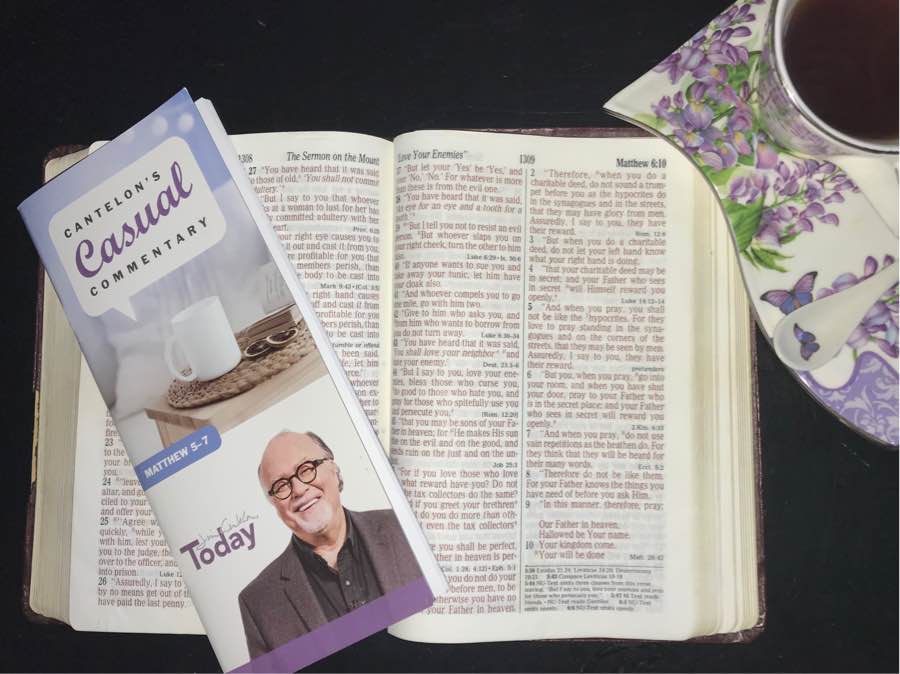The Life of Faith 6:19 – 7:12
True Treasure vv. 19-21
The issue here is sustainability. As we live our lives we gather wealth, either earthly or heavenly. Earthly treasure is fraught with risk and always ends in total loss. Heavenly treasure, on the other hand, lasts forever. The case is not either/or but the tricky balancing act of both/and. Money is not the problem. It’s the love of it that is toxic. So how does one stick-handle through the stresses and temptations of early wealth? How to turn it to the advantage of heaven?
We’ll see in a moment that the key (v. 22) is “singleness” of vision. That is we’re to see all treasure on earth as expendable for the Kingdom of Heaven. “My money — Your money” won’t do. There should be no guilt, however, in ownership of things like clothing, food, and housing. But, if there is lack of contentment with these provisions, we flirt with covetousness, which is the only sin, other than pride, which is essentially spiritual. if our worldview sees all that we are, and all that we own, as the Lord’s, we are in synch with heaven. If, on the other hand, we see our possessions and wealth as our security, we are out of synch. Jesus would have us know that our ultimate, sustainable security is in the Lord. Our “stuff” merely is food for moths, rust, and thieves. The only thing we can take with us when we die is what we give away.
The Bible is strong on this. Far better to be “rich in good works” (1 Tim. 6:18), “rich in faith” (Ja. 2″5), and shareholders in the “unsearchable riches of Christ and his glory” (Ep. 3:8, 16), than to be rich in this world’s goods. “Laying up treasure in heaven” is the wise decision. It’s the only sustainable treasure. So if we’re going to “treasure our treasure” we had better treasure the heavenly.
How then does one lay up treasure in heaven? King Solomon gives us a starting point: “Whoever is kind to the poor lends to the Lord, and He will reward them for what they have done” (Pr. 19:17). Prioritize the poor, especially the orphan and the widow (Ps. 68:5). Compassion and care for the marginalized is a sure sign of the Spirit at work. It’s called “justice seeking”. And, in combination with “righteousness seeking”, it hits the sweet-spot of God’s Heart. “I am The Lord who exercises kindness, justice and righteousness on earth, for in these I delight” (Je. 9:24).
